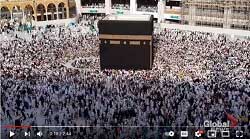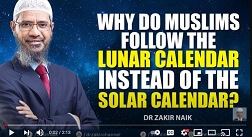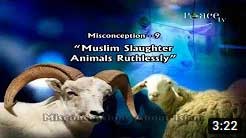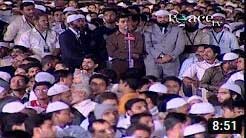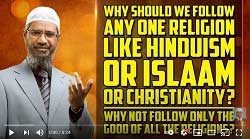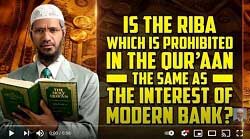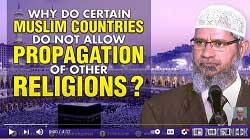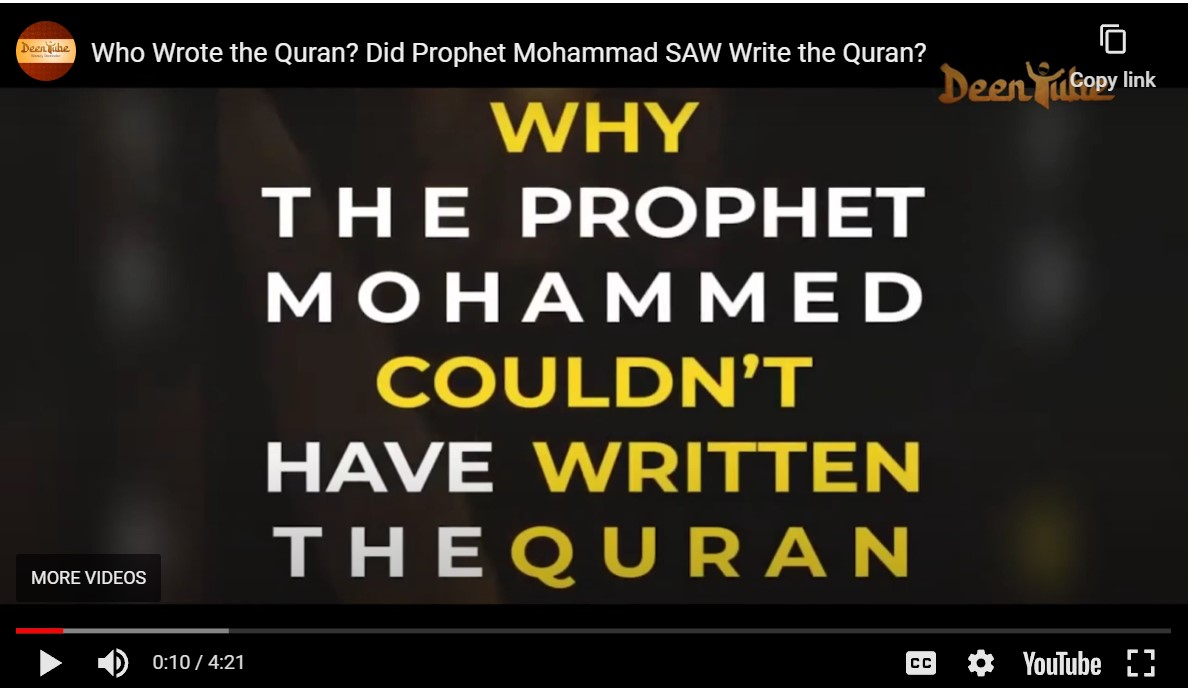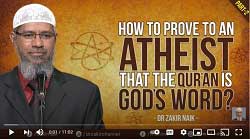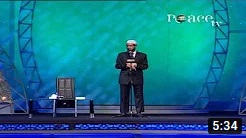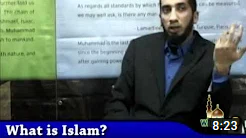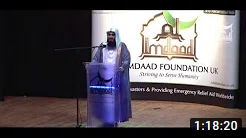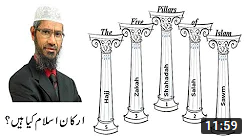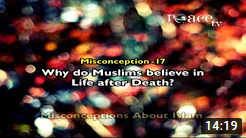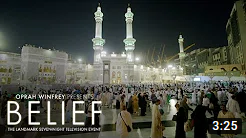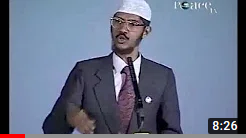1. There is no book which says, ‘Fact of Evolution’
I have not come across any book which says, ‘Fact of Evolution’. All the books
say, ‘Theory of Evolution’. If you read the book by Charles Darwin, ‘The Origin
of Species’ - It says that, Charles Darwin went on an island by the name of
‘Galapagos’ on a ship named as ‘HMS Beagle’ and there he found birds
pecking at niches. Depending upon the Ecological niches they pecked, their
beaks kept on becoming long and short. This observation was made by him in
14 different species of birds. After making these observations Charles Darwin
writes in his book, ‘The Origin of Species’, Chapter No. 6: ‘Difficulties on the
Theory’ -
“Why, if species have descended from other species by insensibly fine
gradations, do we not everywhere see innumerable transitional forms?”
Charles Darwin himself agreed that there were missing links. If one specie had
evolved from the other specie then there ought to be ‘Transitional Forms’ like
half-fish / half-reptiles etc.
In school we used to joke and say, “If you were present at Darwin’s time this
theory would have been proven to be right!” Trying to insinuate that he looks
like an Ape!
2. An enemy of my enemy is my friend
The reason that this theory in most parts of the world is taught as good as
fact, is because in the past the Church was against Science whenever it went
against the Bible. So when Charles Darwin came up with a theory which goes
against the Bible, they didn’t want any sufficient proof - An Enemy of my
Enemy is my Friend. Most of the Scientists supported the theory, because it
went against the Bible, not because it was true. We know the incidence
when Galileo was kept under house arrest for 8 years until he died, because
he said certain statements in the field of Astronomy, which went against the
Bible. Pope John Paul II apologized for this in the end of 20th century more
than 350 years after the Roman Catholic Church condemned Galileo. “After
350 years, Vatican Says Galileo Was Right” read the Newspaper Headline of
New York Times, 31st October, 1992.
3. Stages of ‘Homonoids’
Science tells us today that there were four ‘Homonoids’ - first is ‘Lucy’ then
next came the ‘Homosapians’, who died about five hundred thousand years
ago. Then came the ‘Neanderthal Man’, who died hundred to forty thousand
years ago. Then came the fourth stage, the ‘Cro-magnon’. ‘There is no link at
all between these stages’ - According to P. P. Grasse (in 1971) who held the
Chair of Evolutionary Studies in Paris, in Sorbonne University. He also said, “It
is absurd, we cannot say who were our ancestors based on fossils.”
4. How did the First Cell come about?
Darwin never mentioned the origin of life in his book. In his time, it was
believed that bacteria came about from inanimate matter. Spontaneous
generation was widely embraced since medieval times because they had a
primitive understanding of science: that maggots emerged from meat, mice
from wheat, and insects from leftover food.
Five years after the publication of Darwin’s book, Louis Pasteur’s
groundbreaking findings shattered this very cornerstone of evolution. He
designed an experiment to test whether sterile nutrient broth could
spontaneously generate microbial life, and this experiment refuted the notion
of spontaneous generation. Evolutionists refused to accept his findings for a
long time. Pasteur said, ‘Never will the doctrine of spontaneous
generation recover from the mortal blow struck by this simple
experiment.’
How, then, did the ‘first cell’ originate? Scientific progress has revealed how
complex the structure of a cell is, and that it could not have evolved
coincidentally. The theory of evolution is confronted with this insurmountable
obstacle at the first step, exposing the collapse of Darwinism at its very roots.
5. Mutation as an Evolutionary Mechanism?
Mutations are replacements in the DNA molecule, owing to external factors
like radiation or chemical action. Evolutionists seeking refuge in mutation
make it appear like a magic wand transforming organisms into superior
beings. For decades, evolutionists have sweated over the creation of a
single useful mutation, but without success.
The only instance evolutionary biologists present for beneficial mutation is
sickle-cell anemia, which greatly reduces the oxygen-carrying capacity of the
blood; so people with sickle-cell anemia suffer increasing respiratory problems.
Sickle cell disease gives the carrier partial immunity against malaria.
Darwinists claim that this protection by those with this illness is a 'gift of
evolution'. Using the same logic, one could say that since people born with
genetic leg paralysis are unable to walk, hence saved from traffic accidents,
paralysis is a 'useful genetic feature'. This is absurd and unfounded.
The direct effects of mutation are obviously disastrous: the death and
disability endured by the people of Hiroshima, Nagasaki and Chernobyl;
ailments like Down’s syndrome, mongolism, dwarfism and cancer; damage,
infirmities, and freaks of nature. Needless to say, a process that leaves
organisms crippled and impaired cannot be an ‘evolutionary mechanism’.
Pierre-Paul Grassé, former president for the French Academy of Sciences
compared mutations to ‘making mistakes in the letters when copying
written text.’ Can letter mistakes give rise to useful information, instead of
simply damaging the information that already exists? Grassé adds, 'No
matter how numerous they may be, mutations do not produce any
kind of evolution.'
6. The Pleiotropic Effect
The most substantial proof that mutations lead only to damage and disarray is
the process of genetic coding: nearly all of the genes in a fully developed
organism control more than one genetic feature, for example, height and eye
color. This means that any coincidental change in any gene will not be
restricted to one organ, but it will exhibit more of its destructive impact
elsewhere too. Even if one of these impacts does miraculously turn out to be
beneficial, the effects of the other damage will outweigh it by far. Thus,
mutation leading to evolution is an established impossibility.
7. Natural selection doesn’t change Species
One of the key components of the evolution theory is natural selection, or the
‘survival of the fittest’. For example, in a herd of deer under threat from
predators, the ones that can run the fastest will survive. Consequently, the
surviving deer will only comprise the fast runners. We do not deny the
presence of natural selection. However, no matter how long this
process goes on for, it will never transform the deer into another
species.
The senior paleontologist Collin Patterson states, 'No one has ever
produced a species by the mechanism of natural selection. No one
has ever gotten near it, and most of the current argument in neo-
Darwinism is about this question.'
8. Inadequacy of the Fossil record
One of the clearest evidences pointing against the evolution theory is the plain
truth presented in the fossil record. According to the theory, every living
species sprung from its predecessor, over millions of years; so the existence of
intermediary species like half-fish/half-reptiles is critical. Why then, is there no
trace whatsoever of these imaginary creatures in the fossil record?
Evolutionists world over have toiled hard to uncover these 'transitional forms',
only to have their hopes shattered: all the fossils unearthed show, that
life appeared all at once and fully formed.
But the drowning man clutches at straws. Some 140 years ago, Darwin argued
that the fossil record was inadequate, and further research would reveal the
required fossils. Is this argument valid today? The sheer wealth of the fossil
record will surely answer this question. Billions of fossils have been excavated
all over the planet, bearing striking similarity to today's species, and not a
single transitory form has been found, contrary to Darwin's assumptions, and
the assumptions of his followers.
The scientific discoveries of the past two decades have sent shockwaves
among the campaigners of Darwinism. One of them, Jerry Coyne, remarks,'My own reaction resembles the dismay attending my discovery, at
the age of six, that it was my father and not Santa who brought the
presents on Christmas Eve.'
9. Probability of a Coincidental Origin
In a desperate attempt to override the very powerful argument that life could
never arise by chance, Richard Dawkins said, “If the odds of life originating
spontaneously on a planet were a billion to one against …” A billion to one is
only 1 in 109. But the probability of the formation of only one protein
molecule is "1 in 10300!The probability of this "1" actually occurring is
practically nil. In practice, probabilities smaller than 1 over 1050 are thought of
as "zero probability". Even if the whole universe was packed with amino acids
combining frantically for billions of years, it would not produce even one such
protein molecule let alone produce a living cell.
10. More than a Hundred Scientists have spoken against Darwin’s Theory
There is a list of more than a hundred scientists and Noble Prize winners who
have spoken against Darwin’s Theory. Albert Szent-Gyorgi who got the Noble
prize for inventing the Vitamin ‘C’ wrote the book, ‘The Crazy Ape’, against
Darwin’s Theory. Sir Fred Hoyle wrote against Darwin’s Theory. Commenting
on ‘Coincidental Origin’ he said, “The chance that higher life forms might have
emerged in this way (time and chance) is comparable with the chance that ‘a
Tornado sweeping through a junk-yard might assemble a Boeing 747 from the
materials therein.’” Sir Frank Salisbury who was an American Plant Physiologist
said, “It is illogical to believe in Darwin’s theory.”
In the field of Molecular Biology, according to Nancy Craig who is an authority
in this field said, “It is unimaginable and the probability of one DNA forming
from an Ape to Human being, is Zero.”
11. Darwin’s Theory – A Media Propaganda
Today Darwin’s Theory is taught in the schools - Why? because Media is in
their hands. Otherwise there is no proof at all. There are certain proofs at
lower level that an Amoeba can change to Paramecia. Qur’an does not say,
‘Amoeba cannot change to Paramecia’. It is not against the Qur’an.
12. Conclusion
Those who believe in the theory of evolution are deluded by the bigoted and
short-sighted notion that a few atoms accidently thrown together into a huge
vat could produce intellectuals like Galileo and Newton, artists such as Da
Vinci and Picasso, as well as antelopes, lemon trees and carnations. Darwinism
is thus, arguably the most potent spell in history. Never before has a dogma
so ensnared people's powers of reason, barred them from thinking rationally,
and compelled them to reject the truth while in plain sight.
13. Modern science, evidently, is one of the staunchest critics of
Darwinist ideology, and the most ardent advocate of monotheism. There
are hundreds of Scientists who speak against that and the Qur’an speaks
against that as well. Qur’an says that the first man was Adam (Peace be upon
him). In sha Allah the scientists may discover it 100 years afterwards, or may
be a 1000 years afterwards but so far it is not conflicting with established
Science.
Allah says in the Qur’an in Surah Fussilat, Chapter 41, Verse 53,
“Soon will We show them our Signs in the (furthest) regions (of the earth),
and in their own souls, until it becomes manifest to them that this is the
Truth.”
[Al-Qur’an 41:53]






